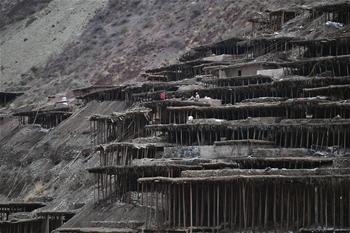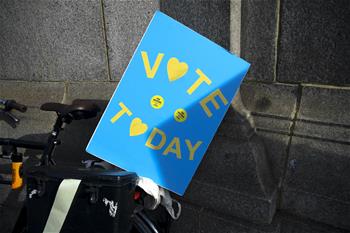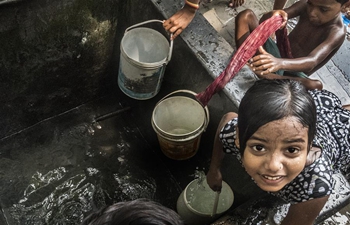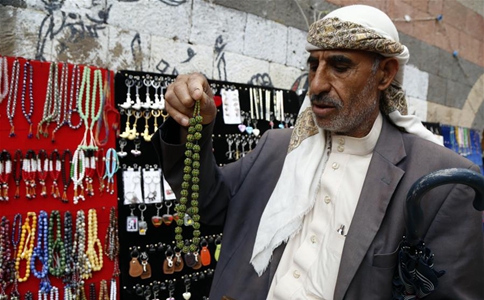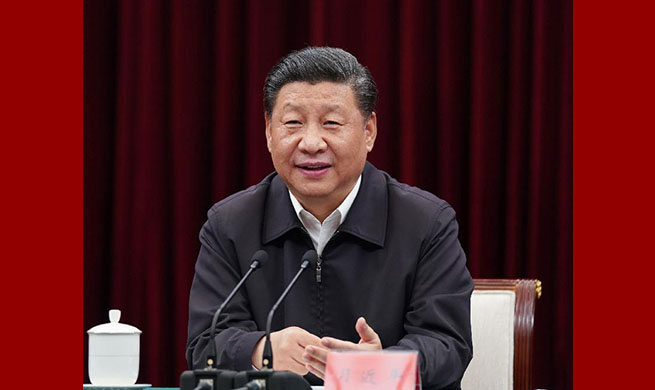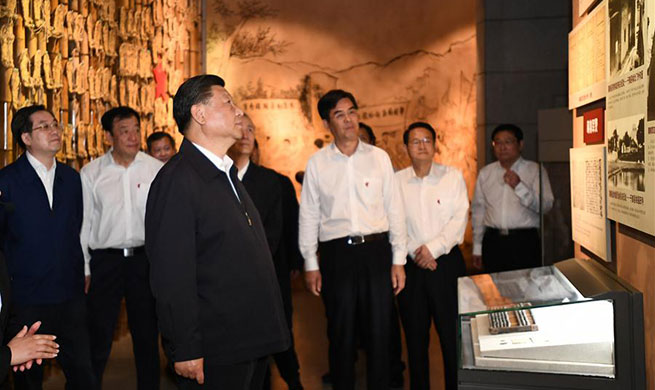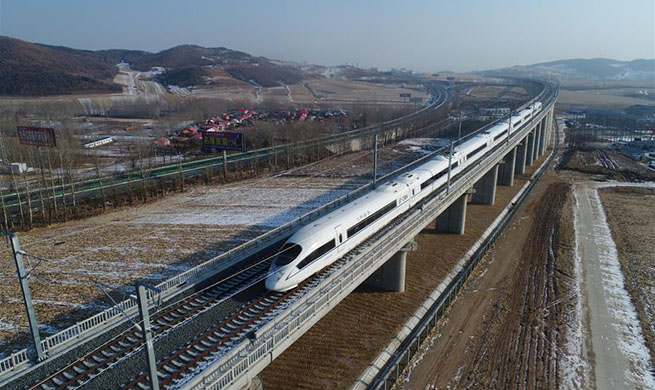YANGON, May 24 (Xinhua) -- Myanmar's Department of Disaster Management and the United Nations High Commissioner for Refugees (UNHCR) have signed a memorandum of understanding (MoU) on collaboration in humanitarian work when facing disaster in the country, the Ministry of Social Welfare, Relief and Resettlement said on Friday.
The MoU was signed in the capital of Nay Pyi Taw on Thursday during the visit to Myanmar by UNHCR Chief Filippo Grandi.
According to the MoU, the Myanmar ministry is to be notified of any challenges and difficulties on the ground and such obstacles will be overcome together.
While carrying out humanitarian work, the ministry will prioritize security and stability of the conflicted areas, it said.
Deputy Minister of Social Welfare, Relief and Resettlement U Soe Aung expressed the hope to collaborate more in welcoming the immigrant workers from other countries and in giving humanitarian assistance to internal displaced persons.
Prior to the signing, Myanmar State Counselor and Foreign Minister Aung San Suu Kyi met and exchanged views with Grandi on matters relating to extension of the MoU signed between the Myanmar government, the United Nations Development Program (UNDP) and UNHCR last year, implementation of the community-based quick impact projects, voluntary return of verified Myanmar nationals from the temporary camps along the Myanmar-Thai border in Thailand and provision of assistance by UNHCR to Myanmar's efforts in ensuring peace and development.
On June 6, 2018, Myanmar's Labour, Immigration and Population Ministry, the UNDP and the UNHCR signed a MoU on assisting the Myanmar government's repatriation process of displaced persons from Rakhine state.
Under the agreement, the UNHCR was to join hands with the Myanmar government in implementing voluntary repatriation, conducting assessments at their potential pilot project sites and was to work with UNDP in preparation for recovery and resilience-based development in potential area.
Also, the UNDP will cooperate with the government in undertaking the planning process for resilience-based recovery and development that will benefit all communities and promote social cohesion among the communities as well as support access to livelihoods.
